The field of Democratic candidates for lieutenant governor is packed, with six hopefuls who hail from Hampton Roads, the Richmond area and Northern Virginia.
None of the Democratic candidates are native to the Southwest or Southside regions, though many claim a connection. Cardinal News asked them some region-specific questions to get an idea of how they plan to serve our readership if elected.
Alex Bastani, a union leader and attorney from Northern Virginia; state Sen. Ghazala Hashmi, D-Chesterfield County; Dr. Babur Lateef, a physician and chair of the Prince William County School Board; state Sen. Aaron Rouse, D-Virginia Beach; Victor Salgado, a former federal prosecutor in the U.S. Department of Justice; and former Richmond Mayor Levar Stoney are seeking the Democratic nomination.
All six candidates have used the recent actions of the current Trump administration, and the lack of response from the current lieutenant governor to those actions, as a lightning rod to strike up support for their own campaigns. In part two of the questions posed by Cardinal News to candidates, we ask them how they plan to push back against actions by the Trump administration, if elected. (See part one here.)
The winner of the June 17 primary election will go on to face Republican nominee for lieutenant governor, John Reid, a former conservative talk radio host based in Richmond.
The Democratic candidates’ responses to questions posed by Cardinal News are listed in alphabetical order. You can find their answers to open questions on our Voter Guide. (We also have Q&As with the two candidates for the Democratic nomination for attorney general on our Voter Guide, as well as most of the House of Delegates primary candidates across the state, plus about half the local candidates involved in primary races in the western part of the state.)
Salgado’s campaign did not provide a written response.
How, exactly, do you plan to push back against the Trump administration if elected lieutenant governor? What can you do as a statewide office holder to mitigate the effects of the federal executive branch on Virginia? This was mentioned repeatedly during a recent candidate forum, but details were scarce.
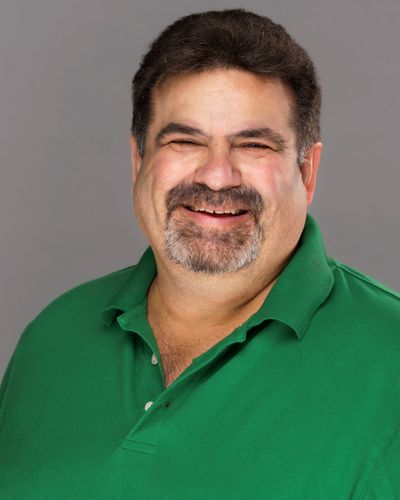
Bastani: While I agree that my opponents, particularly the professional politicians with their big donor money, do not provide details since in the end they have no plans.
From the start of my campaign and at the debate, I stood for universal health care for every Virginian particularly those in rural communities to not only provide services equal to those enjoyed by elected officials but to reduce health insurance costs by four thousand dollars a year according to both the Lancet medical periodical and the Yale Medical School study.
I will fight for a $20 minimum wage in order to create a demand side recovery in rural Virginia just as Henry Ford raised the wages of his workers over a hundred years ago because he understood workers are also consumers.
We will repeal the so-called Right to Work statute in order to bring back unionism to rural Virginia not only for economic prosperity but to create a sense of community.
Finally, we will double state corporate taxes and charge the military industrial complex an excise tax for the profits they generated off the backs and often the lives of hard working Virginians to erase student debt so young rural people can buy homes, start families, and create small businesses.
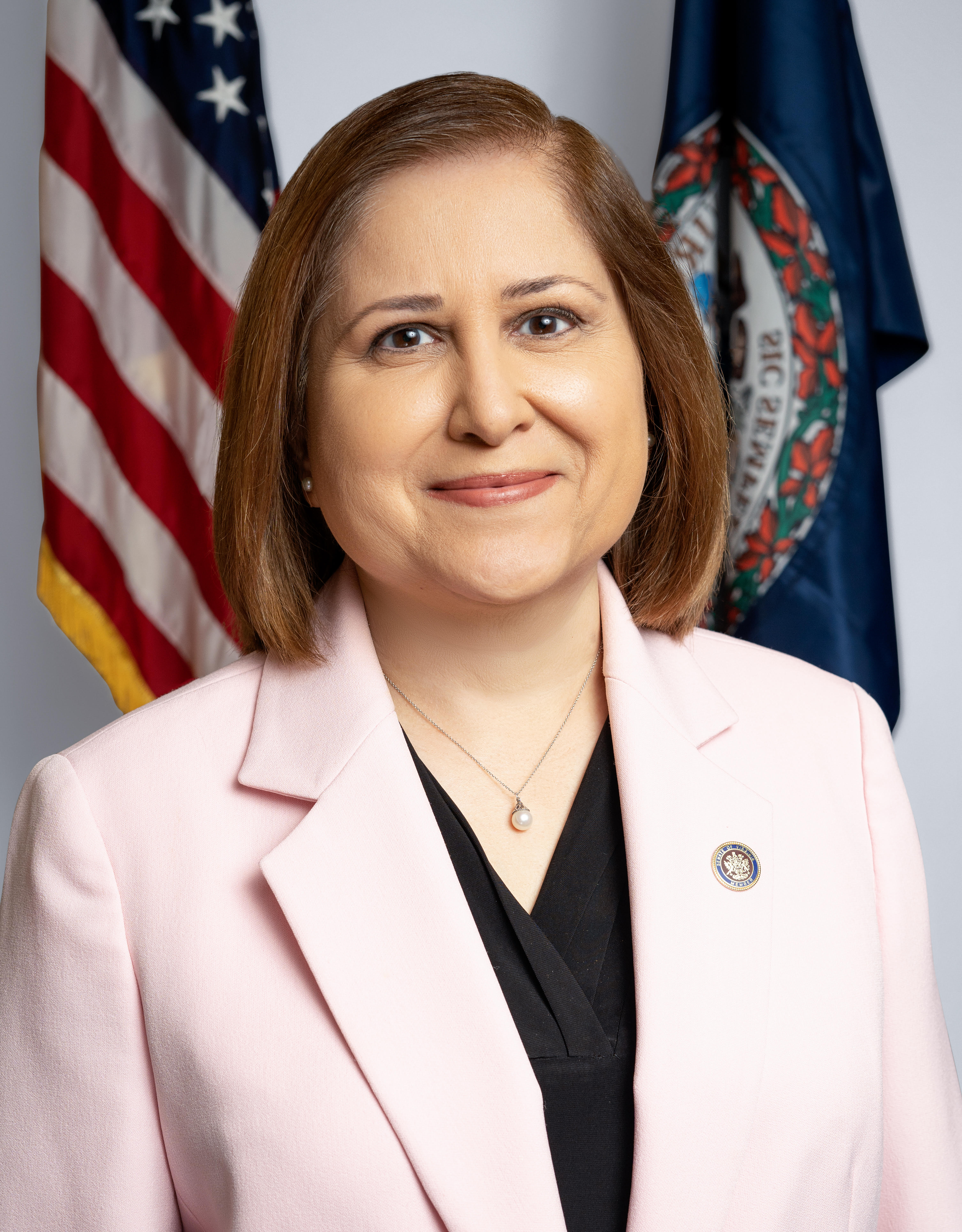
Hashmi: Standing against the Trump administration means standing up for Virginians. My efforts in responding to the chaos of [President Donald] Trump and his current Congress are neither vague nor exaggerated. Rather, they are grounded in the work that I have already initiated, even as I have run a strong statewide campaign.
The actions of the federal government have direct consequences for Virginians, and it is imperative that state leaders respond quickly to protect our communities. The specific areas on which I am currently focused are education and health care.
With the dismantling of the U.S. Department of Education, students with disabilities and special needs will lose protections that guarantee their right to appropriate public education. This serious concern faces students and families because Virginia is one of the few states that relies on federal language alone for the Individuals with Disabilities Education Act and Section 504. Recognizing this serious gap in Virginia code, I have had bill language drafted and have called a meeting of educators, administrators, parents, individuals with disabilities, and other leaders to address the immediate concerns for special education in Virginia.
Similarly, with the looming crisis in Medicaid funding, I introduced legislation to protect Medicaid expansion and am continuing to focus on addressing the impacts that we will likely see to our hospitals, rural health care services and the over 600,000 Virginians covered by the expansion.
When I speak about responding to Trump, my words are not empty rhetoric. Rather, my six years of experience as state senator, my service on critical commissions such as the Joint Commission on Health Care, the Virginia Housing Commission, the Broadband Advisory Council, the Virginia Health Workforce Development Authority, and my national-level leadership as chair of the Education Committee for the Council of State Governments-Southern Region, uniquely qualify me to lead, on day one, on the policy and legislative areas that impact the greatest number of Virginians.
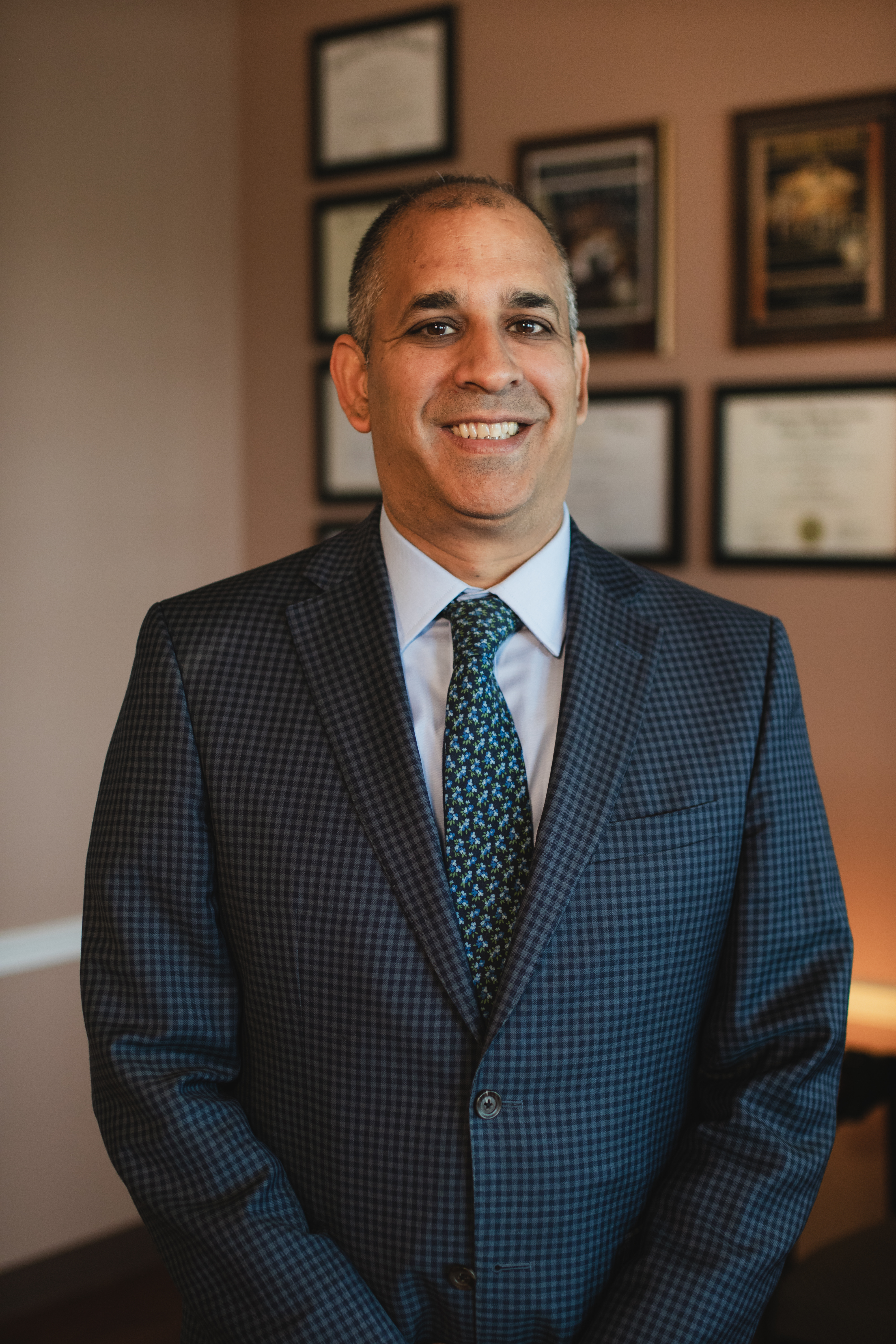
Lateef: As chaos reigns across the Potomac, Virginia requires steady, sober, and principled leadership to protect our progress and hold Donald Trump and Congressional Republicans accountable for their attacks on our commonwealth.
I will be a tireless advocate for the vulnerable communities being systematically targeted by the Trump administration. Just a few weeks ago, Trump’s administration sent a letter to our school system demanding we cut our diversity, equity and inclusion (DEI) programs or face reductions in federal funding. We made it clear: we are fully compliant with federal law, we will proceed as planned — and if they want to press the issue, we’ll see them in court. Whether it’s standing up for our LGBTQ+ students and families, immigrant communities, or students with special needs, I will always defend their interests and ensure Virginia remains a place where everyone is protected and valued.
At the same time, we must address the economic harm being done to Virginia’s workforce. Job data shows that Virginia has been hit harder than any other state by Trump administration cuts to the federal government. As the husband of a federal worker, I understand firsthand the anxiety felt by the tens of thousands of federal employees across our commonwealth. Many of these workers have been unjustly terminated under the excuse of “performance issues,” preventing them from qualifying for unemployment insurance.
As lieutenant governor, I will push to expand Virginia’s unemployment insurance programs to make sure these displaced federal workers have the support they need to get back on their feet. I will ensure Virginia uses every legal, legislative and moral tool available to push back against Trump’s attacks and protect the rights, livelihoods and dignity of every Virginian.
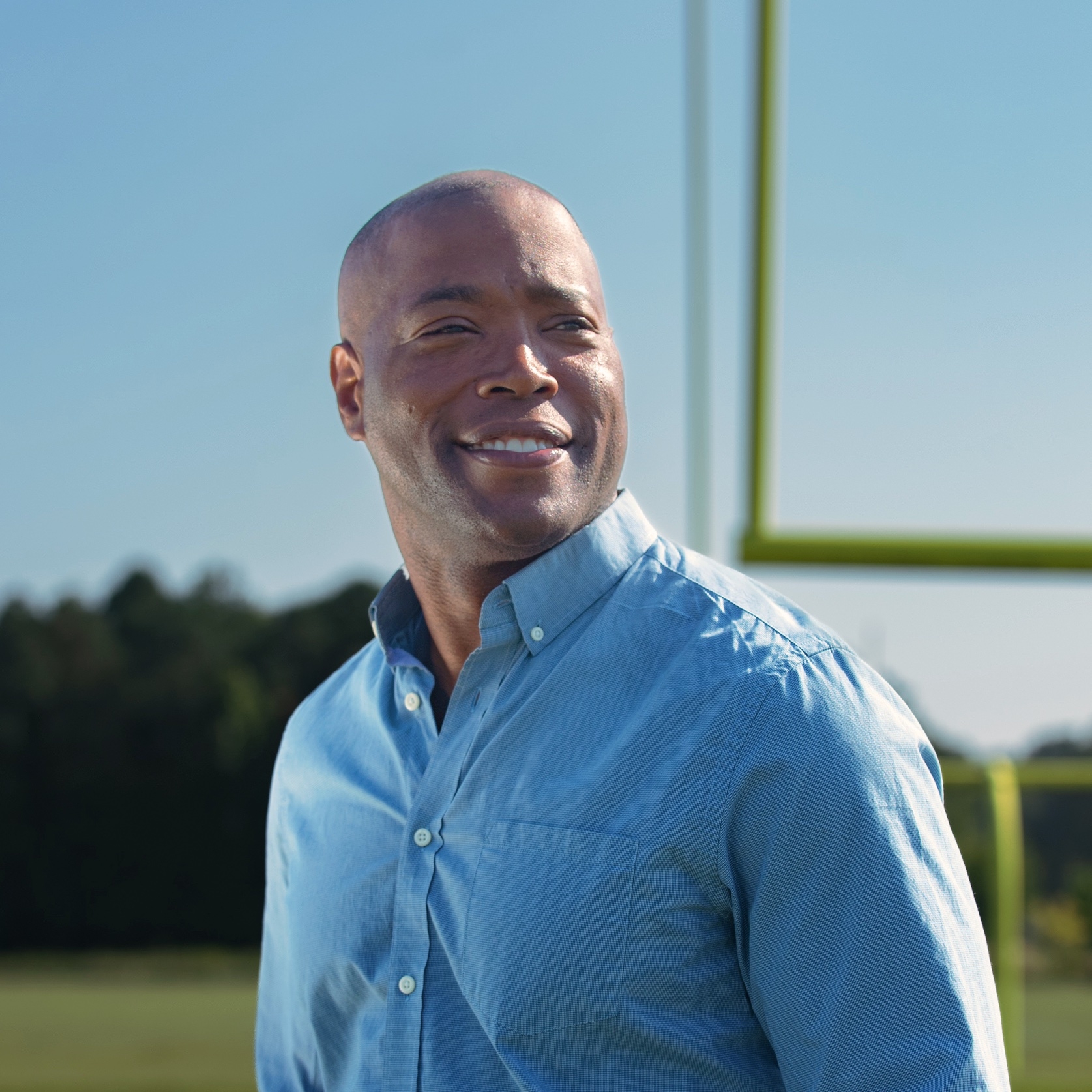
Rouse: Fighting back isn’t just a slogan, it’s a commitment to protecting Virginians’ rights, values, and futures. As lieutenant governor, I won’t just speak out against dangerous federal overreach, I’ll take action, using every tool available at the state level to protect Virginia. This is something I’ve already been doing as a state senator, getting a bill signed into law earlier this year to protect federal workers and contractors from losing their homes as a result of Trump and [Elon] Musk’s chaos.
First and foremost, I’ll use the power of the gavel in the state Senate to block any attempt to roll back progress on reproductive rights, voting access, civil rights and gun safety. The lieutenant governor breaks tie votes in the Senate and that vote could be the difference in protecting our Democratic values. We must work to keep our majority in the House of Delegates this year too.
Second, I’ll work closely with Gov. Abigail Spanberger and the attorney general to build a firewall around Virginia to protect against the chaos coming from Washington. If this administration tries to attack our rights, we’ll be prepared to fight back in the courts, at the legislative level, and through executive action.
Third, I’ll lead with my values by uplifting local communities and amplifying their voices. I’ve seen how Washington’s policies can hit rural and working class communities the hardest. That’s why I’ll work with local leaders across Virginia, from Bristol to Danville, to ensure our state government meets their needs, regardless of who’s in the White House.
As the only candidate in this race with effective local and state level elected experience, I understand how to turn values into results. And as someone who’s lived the challenges so many Virginians face, I won’t just be a figurehead, I’ll be a fighter. It’s about defending the people of Virginia. And I’m ready to fight every day for you.
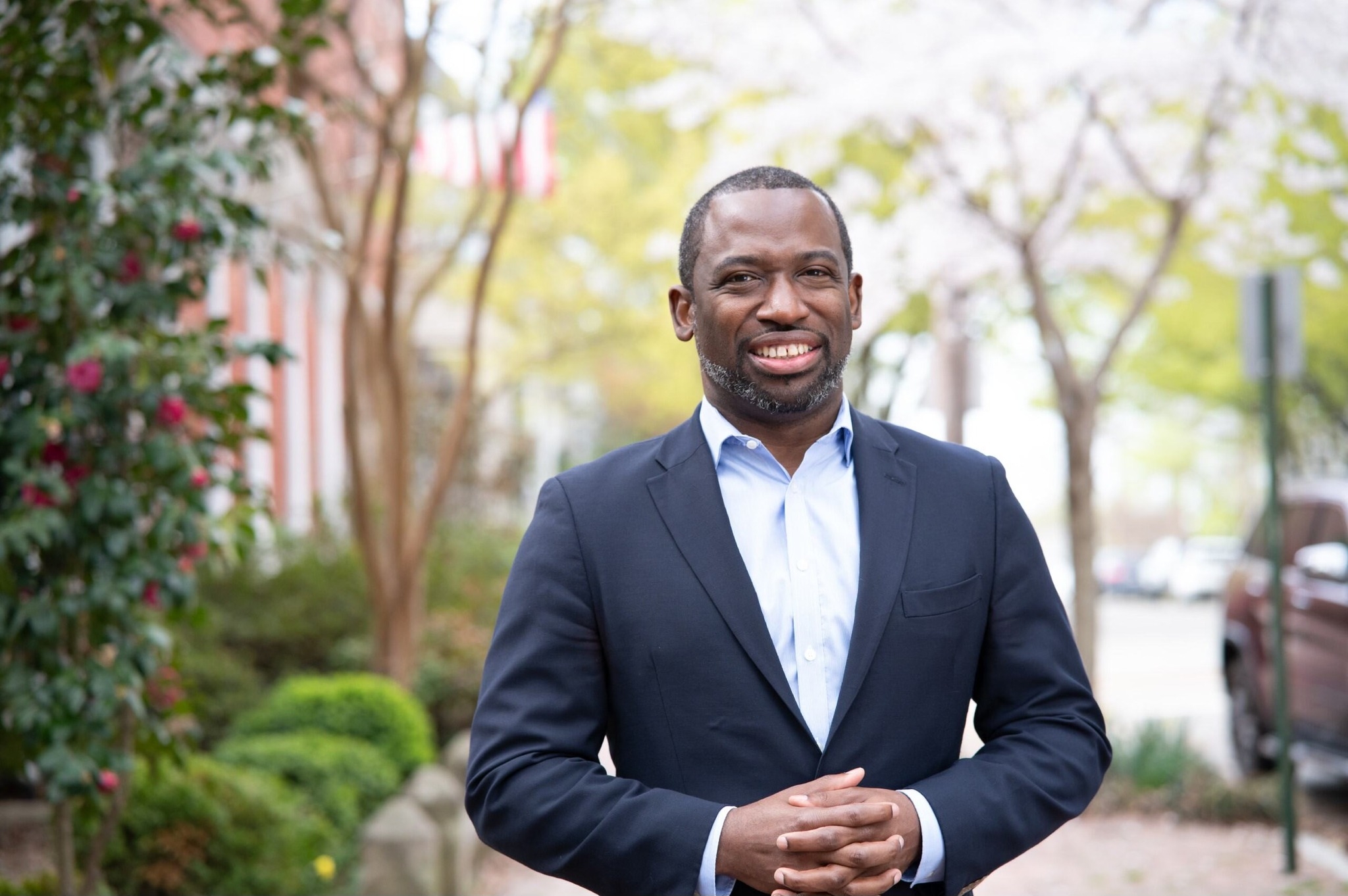
Stoney: Silence in the face of challenges is complicity, and that is exactly what we have seen from Gov. Glenn Youngkin, Lt. Gov. Winsome Sears and John Reid. While Donald Trump and Elon Musk push forward with cruel and indiscriminate budget cuts, they have said nothing. Not a word as Trump moves to slash more than 80,000 jobs, putting veterans’ care, especially in rural Virginia, directly at risk. That is a total disservice to the men and women who have worn the uniform.
And it does not stop at Veterans Affairs. In Virginia’s 9th Congressional District alone, 11,000 people stand to lose Medicaid coverage, costing an estimated 35 lives every year. If Donald Trump and Elon Musk bring their cuts to Blue Ridge Job Corps Center in Marion and Flatwoods Job Corps in Coeburn, we will lose real jobs and real opportunities in the region. These are working families, seniors and children from right in Southwest Virginia.
As lieutenant governor, simply doing the opposite of what this GOP leadership is doing would be a step forward. I will not stay silent. I will use the platform to call out these dangerous cuts, work with the General Assembly to protect our people, and raise my voice every single day if that is what it takes to expose when Virginians are getting a raw deal, no matter who is in the White House.
Most of the state lawmakers from the Southwest and Southside regions are Republicans. Do you plan to work with them on issues faced by their districts? And how do you plan to extend the proverbial olive branch in a time of heightened partisanship?
Bastani: We can and will build a coalition with Republicans around economic issues. Despite gaslighting, the truth is 60% of Republican rank-and-file voters believe in raising the minimum wage to $20 an hour.
Union activists will build coalitions with Republican workers. They will not reject Republican workers because of who they voted for in the last election. While rank-and-file Republicans reject large government, they understand that both the health insurance industry and the pharmaceutical industry are their enemies. While right wing podcasters tried to demonize the tragedy surrounding the United Healthcare CEO — working-class Republicans who voted for Donald Trump condemned Republican oligarchs who tried to canonize Wall Street CEOs.
We can influence Southwest and Southside Republican legislators by speaking directly with their voters to lobby their elected officials for economic justice. We won’t sway everyone, but we will win enough voters over to effect deep structural change in our state’s political culture.
Hashmi: I consider many of my colleagues from the Southwest and Southside regions to be strong allies in the work to improve education outcomes and economic opportunities for the regions that they serve.
Although a few of the issues upon which the General Assembly focuses are partisan in nature, the majority are nonpartisan and impact the lives of families and communities. I have already collaborated with colleagues from these regions on improving education outcomes for rural schools, expanding career and technical education programs, supporting community colleges and access to degree programs, providing internship opportunities in emerging technologies, responding to critical health care needs in the regions, and more.
These established relationships and a history of collaboration with several of these colleagues position me to work effectively, from the first day, with General Assembly members on both sides of the aisle.
Lateef: As lieutenant governor, I believe my responsibility is to serve all Virginians — no matter what part of the state they live in or which party represents them.
As a physician and as school board chair of the second-largest county in the commonwealth, I’ve built my career on listening, problem-solving, and finding common ground — regardless of your political persuasion. I was elected to that position without a “D” next to my name on the ballot. Prince William County is a “purple” community, and we have to work together with folks from across the political spectrum. I fully intend to bring that same approach to Richmond. I will work with lawmakers from every region and every party because, at the end of the day, the people of Southwest and Southside Virginia don’t care if their solutions come from a Democrat or a Republican — they just want results.
In a time of heightened partisanship, the best way to extend the olive branch is to lead with respect, to focus on the issues that matter most to people’s daily lives, and to never lose sight of why we’re here: to serve. And while I will never compromise in the values we as Democrats hold close, I am committed to building partnerships, not divisions, and ensuring that every voice in Virginia is heard and valued.
Rouse: I’m committed to working hard and delivering for all Virginians, beyond party lines.
Even before I was elected to office, I built strong relationships with lawmakers across the aisle, including Del. Terry Kilgore, Sen. Todd Pillion and Del. Terry Austin from the region. Together, we’ve worked on bipartisan legislation like the NIL bill to support our student athletes and the Save Local Pharmacies Act, which helps rural Virginians access the medications they need. I was also the only Democrat to vote with my colleagues from Southwest Virginia to lower the cost of their electric bills and hold the region’s utility accountable. That’s what real service looks like. Rolling up our sleeves and delivering results for the people of Virginia, regardless of zip code or party affiliation.
I know their families, and they know mine. And outside the halls of the General Assembly, we all enjoy catching a Virginia Tech football game and cheering on the Hokies. Those personal connections matter, especially in a time when politics feels more divided than ever.
The challenges facing Southwest and Southside Virginia such as job growth, infrastructure and healthcare access aren’t partisan. They’re Virginia issues. And the only way we solve them is by working together.
As lieutenant governor, I’ll bring that same spirit of collaboration to the state Senate. I’ll work across the aisle to tackle real challenges, and I’ll work with anyone, Democrat, Republican or independent, if it means moving our commonwealth forward.
Stoney: I am committed to working with anyone who wants to give Virginians a fair shot, no matter their party. As secretary of the commonwealth under Gov. [Terry] McAuliffe, I worked across the aisle to appoint boards and commissions that reflected Virginia’s full geographic and demographic diversity. That spirit of collaboration is how we get real results.
When disagreements arise, I believe we can disagree without being disagreeable. I have earned a reputation as a happy warrior. Republicans know I will speak up when I think they are wrong, but I will also work with them when we share common ground. And in many cases, we do: fighting for good jobs, strong schools and healthier communities.
That is the approach I will bring as lieutenant governor. Less partisanship, more partnership. Families in Southwest and Southside Virginia are not asking for a political fight. They are asking for a fair shot. I will work with anyone willing to help deliver it.
What do you think some of the biggest issues facing Southwest Virginia voters are, and how would you address them?
Bastani: The two major issues facing Southwest and Southside voters are interrelated. These two issues are deep economic disparity and the subsequent loss of community. These issues are reflective of a national crisis where a recent CBS Moneywatch article found 60% of Americans do not earn enough to afford the basic necessities of life while a shocking 24% of Americans are functionally unemployed.
Meanwhile about two-thirds of Americans with a bachelor’s degree vote in elections compared to less than 40% with a high school diploma. The working class has disengaged from the democratic process since the economy has tossed them aside. Therefore, we need to make deep structural changes to our system such as universal health care to assist those in need, a $20-an-hour minimum wage for a better living standard, and finally we must reform the state’s educational funding formula so that the same amount of dollars is spent per pupil in Southwest and Southside as in wealthier counties in northern Virginia and Henrico County.
Hashmi: Virginia families are struggling in a shaky, unpredictable economy. Thanks to the confusing and erratic messaging coming out of Washington, families find their budgets at severe risk. Prices are rising, job security is limited at best, making ends meet is harder, and — for those on a fixed income or saving for retirement — these are perilous times indeed.
As lieutenant governor, I plan to continue my efforts for Virginia families facing economic insecurities by helping laid-off workers transition to new careers through intentional workforce development efforts, assisting families struggling to make ends meet by strengthening housing and food programs, protecting Medicaid and Social Security from the attacks of Trump and Musk, funding public education and ensuring access to higher education degrees and credentials through community colleges, and supporting the development of affordable housing.
Lateef: From my travels throughout Southwest and Southside Virginia, I have had the privilege of hearing directly from voters about the challenges they face every day. Some of the biggest concerns they consistently share with me are the lack of access to good-paying, stable jobs; limited availability of health care and mental health services; and the urgent need for stronger, more reliable infrastructure.
As lieutenant governor, I will make it a top priority to bring meaningful, long-term economic opportunities to these regions. One of the most powerful tools we have is investment in people through career and technical education, expanded job training and apprenticeship programs that equip workers with the skills needed for the industries of the future. By doing so, we can help build a more diverse, resilient local economy that creates pathways to prosperity for young people and working families alike.
Health care is another critical area of need. I’ve seen firsthand, through my experience on the University of Virginia Board of Visitors and as chair of its Health System Board, how essential well-supported hospitals, clinics and mental health programs are to the life and well-being of a community. Facing federal cuts to Medicaid, it is essential that our next lieutenant governor fully understands the complexities of this vital program in order to effectively defend it against attacks from Washington. In Southwest and Southside Virginia, we need to expand healthcare access and ensure our healthcare workers are supported and paid fairly, because strong healthcare systems don’t just improve health outcomes, they create good, stable jobs and strengthen local economies.
Finally, we cannot ignore the importance of infrastructure. Whether it’s investing in safe roads and bridges, ensuring every community has access to high-speed broadband or improving flood management systems to protect against increasingly severe weather events, infrastructure is the backbone of economic development and community resilience. Without it, families, businesses and entire regions are left behind.
As lieutenant governor, I will be a strong advocate for Southwest and Southside Virginia working side by side with local leaders, regardless of political party, to ensure these regions get the resources, investments and attention they deserve. I believe that when we lift up every part of the commonwealth, we build a stronger, more prosperous future for all Virginians.
Rouse: As someone who lived in Blacksburg for years, I’ve seen firsthand both the challenges and the great potential in Southwest Virginia. One of the biggest issues people face is the rising cost of living. Everything from groceries to electric bills is squeezing working families, seniors and young people.
I’ve already worked to ease this burden by expanding the Earned Income Tax Credit, raising the standard deduction and delivering property tax relief for seniors, but there’s more to do. That’s why I support expanding the Child Tax Credit to help families afford child care, eliminating the grocery tax and offering down payment assistance so that first-time homebuyers can stay in their communities and explore new opportunities.
Energy costs are a major concern as well. I stood with Southwest Virginia colleagues to hold the largest utility accountable and lower rates, and I’ll keep fighting to reduce energy costs through better infrastructure and fairer pricing.
Investing in modern infrastructure and affordable housing is essential to connect people to opportunities and support the industries of the future. Access to quality health care is another critical issue, and I’m committed to expanding services to ensure everyone in these communities can get the care they need.
Ultimately, we must ensure that the next generation has the chance to thrive where they grew up. By making life more affordable, improving infrastructure and expanding health care, we can build a future where Southwest and Southside Virginia families don’t just survive, they prosper.
Stoney: Whether you live on the Southside of Richmond or in Scott County, the fundamentals are the same: a roof over your head, food on the table and a fair shot for your kids to succeed. Families in Southwest and Southside Virginia want that, and they deserve nothing less.
As a commonwealth, we need to make sure opportunity is not determined by your ZIP code, your background, or how you vote. As lieutenant governor, I will fight to build an education system that delivers a world class education for every student with no dead ends. Across the region we see school divisions with crumbling infrastructure and struggles to maintain a safe environment for our students. This is simply unacceptable. Our government can’t hide from this. We need to prioritize the investment needed to ensure schools in every region of our commonwealth are providing a safe learning environment for our students. I will work to prepare young people in Southside and Southwest for the jobs and technologies of the future so they can build strong lives and strong communities right where they are.
We also need to make Virginia more affordable. I will lead efforts to cut red tape and speed up permitting so we can build more housing, lower costs, and give working families room to breathe. And I will do it by working with partners across the commonwealth, especially in Southwest and Southside, who are ready to shape a better future.
See also: A Q&A with the Democratic candidates for attorney general.
How do you make your mind up on who to vote for in a party primary? You can share your thoughts here.



